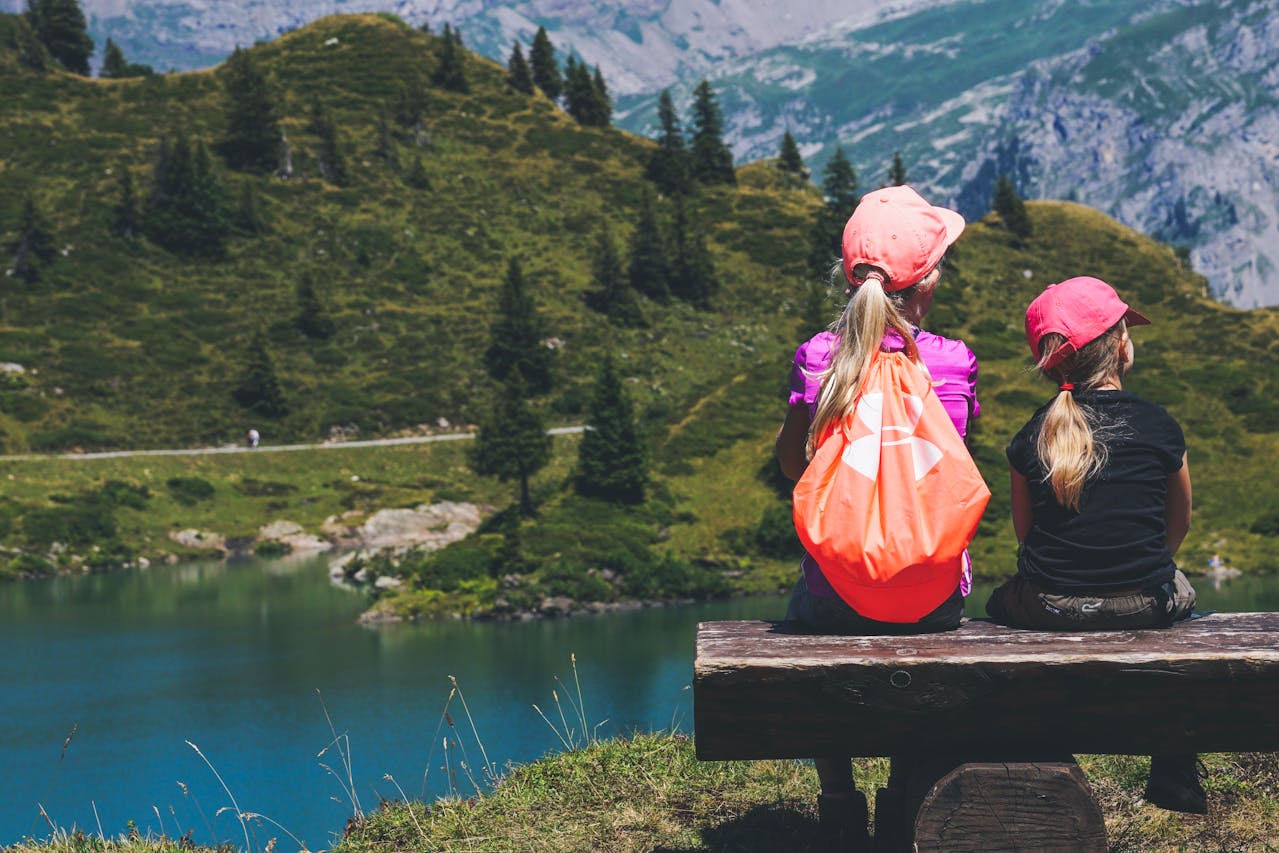
In an era marred by climate change and environmental degradation, instilling eco-friendly values in our younger generations has never been more critical. As we continue to consume resources and impose a considerable environmental footprint, we should ask ourselves "what kind of world are we leaving for our children?" More importantly, "what kind of children are we leaving for our world?" Nurturing an eco-friendly mindset from an early age is the first step towards steering our planet towards sustainability.
An Eco-friendly Foundation
Environmental education should begin at home and continue at school. Raising eco-friendlyeco-friendly children means incorporating green behaviors into daily routines. Transforming simple tasks such as switching off lights when not in use, recycling waste, or using water responsibly can be effective lessons of responsible environmental behavior. Children are excellent observers and absorbing this knowledge can be instrumental in shaping vigilant and responsible adults.
Learning Through Play and Exploration
Children learn best when they are having fun and when the learning process is interactive. Outdoor activities such as gardening, nature walks, or bird watching can teach children about nature's beauty and fragility. This hands-on learning not only provides children an understanding of the need for conservation but also nurtures a love and respect for the environment.

Encouraging Critical Thinking
As children grow, introducing topics like climate change, deforestation, and pollution can encourage them to think critically about world issues. By teaching them about the impact their habits have on the environment, we ignite the spark of responsibility and allow them to draw conclusions about the choices they make. If they acquire such knowledge from a young age, and they can do so in Insight Early Learning, then there is a high probability that they will nurture healthy rules towards the planet and the environment throughout their lives.
Inclusion of Environmental Education in Curriculum
As crucial as it is to foster environmental consciousness at home, that alone is not enough. Schools play a pivotal role in shaping children's minds, which is why environmental education must be an integral part of the curriculum. It's not just about teaching children the practical aspects of conservation, but also the ethical and philosophical values that underscore the importance of living in harmony with our environment.
Future Leaders
Children are the architects of the future. By equipping them with the knowledge and passion for environmental care, we are sowing the seeds for a greener, more sustainable future. It is these children who will grow up to be researchers, policymakers, and consumers, making choices that can either alleviate or exacerbate environmental challenges. Our goal should be to raise eco-literate adults who can balance progress with natural preservation, achieving an equilibrium where mankind and nature coexist.
The Ripple Effect of Early Environmental Education
Introducing children to the principles of environmental stewardship not only benefits the planet but also contributes to their development as empathetic, informed, and responsible individuals. The lessons they learn about taking care of the environment extend beyond just ecological benefits; they foster a sense of responsibility, empathy, and community. Children who grow up understanding their impact on the world are more likely to carry these values into adulthood, influencing their decisions in personal and professional realms. Moreover, this early education creates a ripple effect, inspiring families, schools, and communities to adopt more sustainable lifestyles. By raising awareness from a young age, we are essentially planting the seeds for a more conscientious society, one that prioritizes the well-being of our planet and its inhabitants.
Combating Climate Change with Knowledge and Action
The reality of climate change makes the cultivation of eco-friendly minds all the more urgent. By educating our children on this critical issue, we are preparing them to face and address the challenges of a changing environment. Knowledge empowers them to make informed decisions and to take meaningful action in conserving resources,reducing waste reducing waste, and advocating for policies that protect the environment. It's not just about creating awareness but also fostering a proactive attitude towards finding solutions. As these children grow into leaders, voters, and influencers, their educated stance on environmental issues will be crucial in steering policies and practices towards sustainability. In essence, we're not just protecting the environment for our children but preparing our children to protect the environment.
A Collective Effort for a Sustainable Future
The task of nurturing eco-friendly minds is a collective one, requiring the involvement of parents, educators, policymakers, and communities. It's a shared responsibility to provide the younger generation with the tools they need to navigate and mitigate the environmental challenges of the future. This includes creating educational content that is engaging and relevant, promoting policies that support environmental education, and leading by example in our daily lives. When society as a whole commits to teaching and practicing sustainability, we create an environment where eco-friendly choices become the norm, not the exception. In doing so, we pave the way for a sustainable future, ensuring that our planet remains a vibrant and nurturing home for generations to come.
In conclusion, nurturing eco-friendly minds is a combined effort by all of society. It is about instilling a sense of responsibility and connection to the earth in our young ones, progressively shaping their behavior and choices. The task may be daunting, but the rewards - a cleaner, healthier, and more sustainable environment - are immense and long-lasting. The early stages of childhood present us with the unique opportunity to lay a foundation of eco-awareness, enabling us to pass on a flourishing natural world to the next generation. Our actions today will indeed shape their world tomorrow.